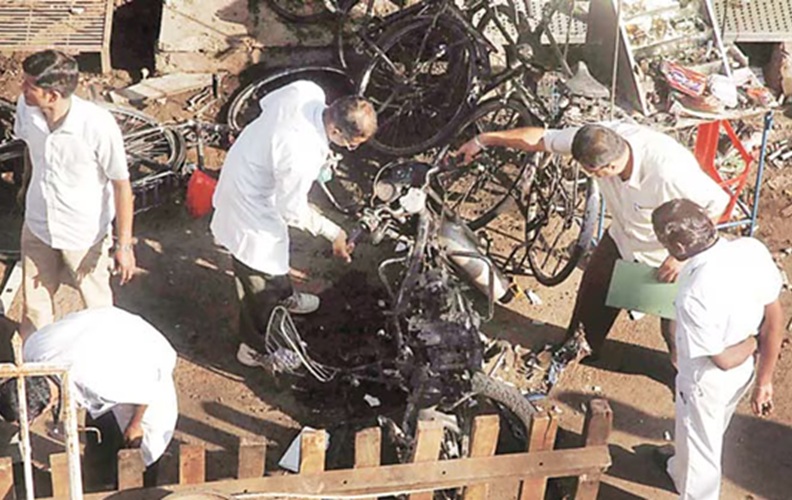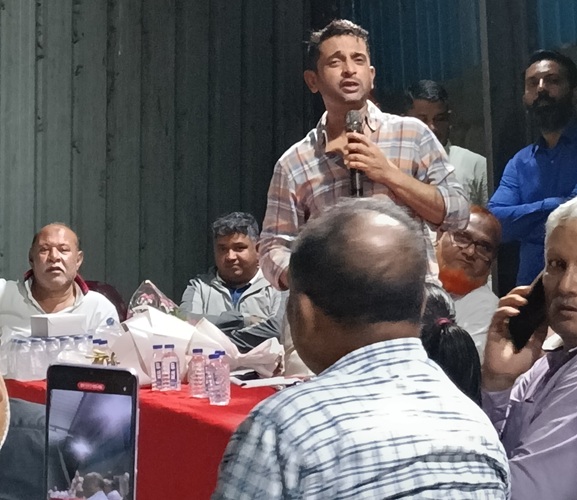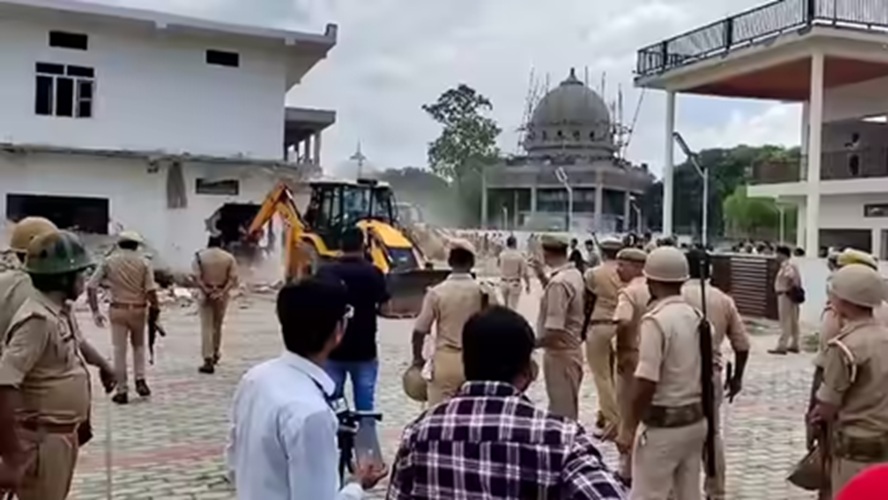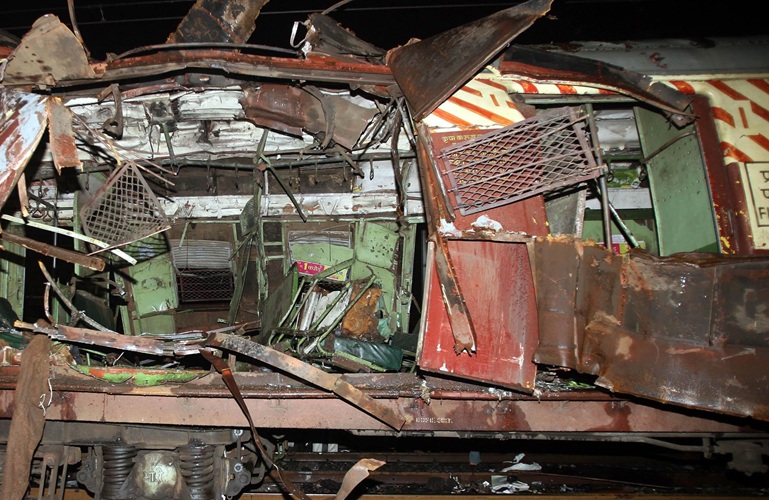Malegaon, July 31, 2025 – In a significant development, the National Investigation Agency (NIA) Special Court in Mumbai has acquitted all seven accused in the 2008 Malegaon blasts case, citing lack of sufficient evidence to establish their involvement. The verdict, delivered on Thursday, brings closure to a high-profile case that has been mired in controversy and legal complexities for over a decade.
The Malegaon blasts, which occurred on September 29, 2008, in the textile town of Malegaon, Maharashtra, claimed six lives and injured over 100 people. The explosions, caused by an improvised explosive device (IED) fitted on a motorcycle, targeted a crowded area near a mosque during Ramadan, sparking widespread outrage and debates over communal violence.
The accused—Pragya Singh Thakur, a former BJP MP, Lt. Col. Prasad Shrikant Purohit, Major (Retd.) Ramesh Upadhyay, Ajay Rahirkar, Sudhakar Dwivedi, Sudhakar Chaturvedi, and Sameer Kulkarni—were charged under various sections of the Indian Penal Code (IPC), the Unlawful Activities (Prevention) Act (UAPA), and the Explosives Act. The case initially gained attention due to allegations of “saffron terror,” with the accused linked to Hindu nationalist groups.
The investigation, originally handled by the Maharashtra Anti-Terrorism Squad (ATS) under Hemant Karkare, was later transferred to the NIA in 2011. The agency filed multiple chargesheets, alleging that the accused conspired to carry out the blasts to target the Muslim community. However, the defense consistently argued that the evidence was fabricated, and the accused were framed for political reasons.
In its ruling, the NIA Special Court stated that the prosecution failed to prove the charges beyond a reasonable doubt. Key evidence, including confessions recorded under the Maharashtra Control of Organised Crime Act (MCOCA), was deemed inadmissible, and witness testimonies were found to be inconsistent. The court also noted discrepancies in the forensic analysis and the handling of evidence, which weakened the prosecution’s case.
The acquittal has sparked varied reactions. Defense lawyers hailed the verdict as a triumph of justice, with Pragya Singh Thakur’s counsel stating, “The truth has prevailed. Our client has endured years of wrongful persecution.” On the other hand, victims’ families and local community leaders expressed disappointment, alleging that justice had been denied. “We lost loved ones, and today, no one is held accountable,” said a representative of the Malegaon Blast Victims’ Association.
The verdict has reignited debates over the handling of terror-related cases in India, with some political commentators questioning the efficacy of investigative agencies in securing convictions. The NIA has not yet announced whether it will appeal the decision in a higher court.
The 2008 Malegaon blasts case has been a contentious chapter in India’s legal and political landscape, raising questions about communal narratives, investigative integrity, and judicial processes. As the acquitted walk free, the verdict leaves behind lingering questions about accountability and closure for the victims of the tragic attack.






0 Comments